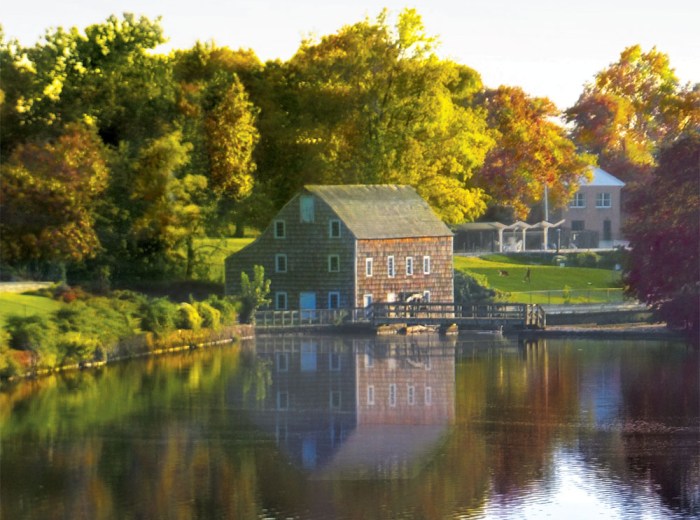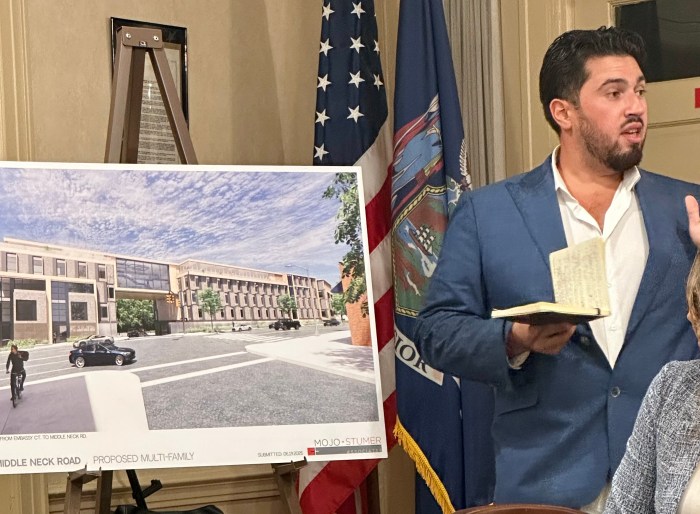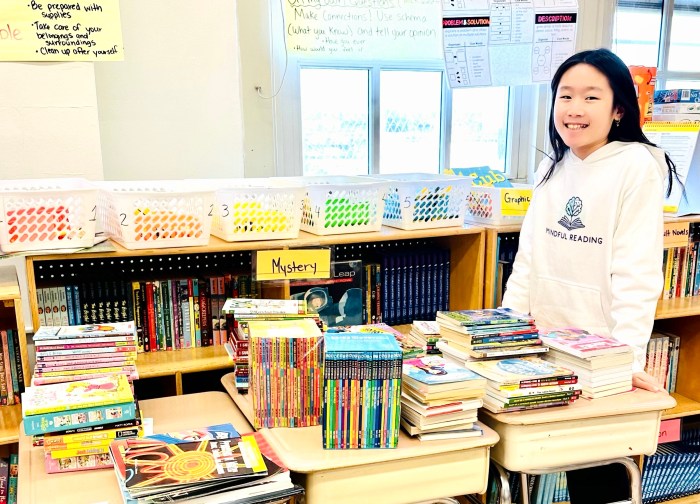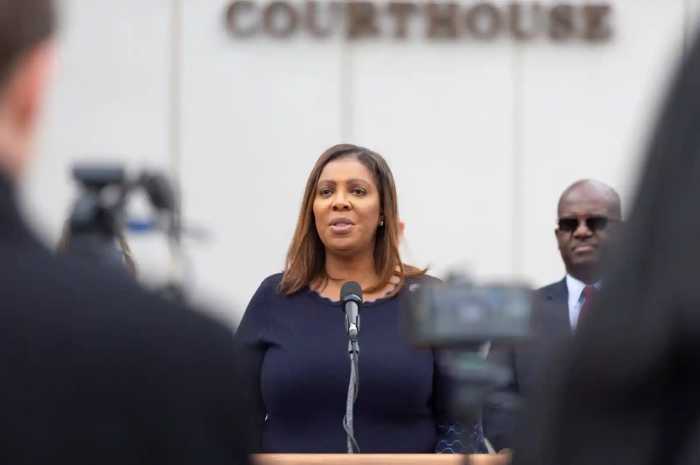The flyer/email promoting the rally “against hate and anti-Semitism” in Great Neck’s Village Green on Sunday, March 31, never mentioned that an ultra-conservative organization would be allowed to have a prominent location with a table of literature and signs promoting a narrow message and purpose. I rechecked the flyer and there wasn’t any indication that this would be more of a “fight hate by rallying against ‘the other.’” I did not see any evidence of other well-known organizations there who offer more moderate messages.
From the outset, many of us worried and talked about how noninclusive the invitation seemed to be. Why weren’t the Islamic, Afro-American and Asian communities listed? The paper indicated that the organizer, an individual, said he reached out to everyone. Well, if these groups did not respond, try again.
On Thursday night, March 28, I had the privilege of attending a solidarity conference at the Hillside Islamic Center in New Hyde Park. What an incredible experience of love, hope and inspiring consistent message for peace, as we are all God’s children. Clergy representing Judaism, Christianity, Islam and Sikhism all preached unity.
Sunday’s rally on the green in Great Neck was not inspiring, especially when support for the message “against hate in today’s world” was to invoke the “victim” mentality one more time by calling forth the Holocaust, certainly the most devastating tragic event visited on a specific people, as if it were a stage prop, always at the ready, the attempt to suppress questioning or challenging the theme they were using to combat hate and anti-Semitism.
It is true, we should “never forget.” But, first of all, does it resonate today, some 77 years later? And second of all, do we appear insensitive to genocides like 2 million killed in Cambodia or the recently acknowledged Turkish genocide inflicted upon Armenians? When we refer to the hate crimes in Charleston, Pittsburgh and New Zealand, we recognize the current pain in our hearts and minds, thus relating more viscerally how hate impacts all of us. Then, we can adopt a more universal goal of coming together to support each other while we try to reduce the carnage with new public policies and personal empathetic listening.
Yossi Klein Halevi, in his recent book Letters to My Palestinian Neighbor and in a recent dialogue with Imam Abdullah Antepli of Duke University, stated, “The victim narrative does not, and will not, keep Judaism alive with the generations born after the Baby Boomers.”
Instead, we should preach the “Yearning for a Homeland” narrative. The former begins with Russian pogroms and culminates with the Holocaust in Europe. The latter is the dream of and eventual birth of Israel, a yearning for a homeland that is also the dream of all of its neighbors. People of all faiths understand this.
I am not all in on J-Street or AIPAC. Israel is our home base; it cannot ever fall or we would be “lost.” But, it does not mean we can’t be critical of specific policies.
A rabbi related this quote to me from one of his mentors: “I can live outside of Israel, but I cannot live without Israel.”
—Steve Walk

































